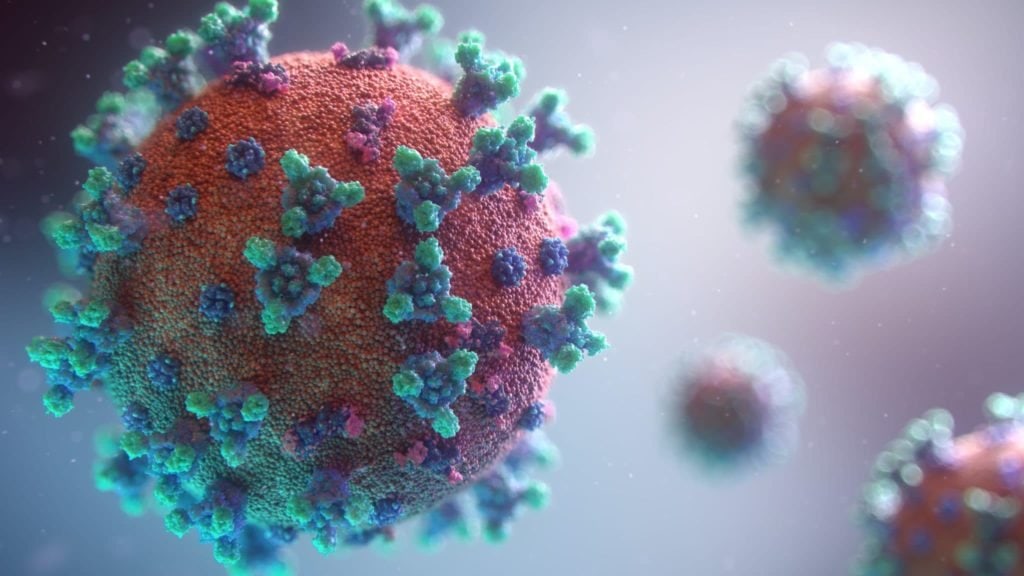COVID-19 Vaccines Linked to Increased Risk of Swollen Lymph Nodes in Children: Study
Children who received a COVID-19 vaccine faced an increased risk of several adverse events, including swollen lymph nodes, researchers in Norway reported in a new study.

The Moderna and Pfizer-BioNTech vaccines in children aged 12 and up were linked to increased risks of severe allergic shock, lymphadenopathy, and heart inflammation, according to the paper. Researchers included people as old as 19.
In subanalyses, increased risks of acute appendicitis, epilepsy, and convulsions were also detected.
The researchers looked at adolescents born from 2002 to 2009 who received a COVID-19 vaccine in 2021 or 2022. They excluded children who received an early vaccine, indicating they were at high risk of COVID-19. Other exclusions included children who suffered one of the health problems within the four years prior to vaccination.
The study population ended up being nearly 500,000 children.
Researchers then analyzed data from the Norwegian Emergency Preparedness Register for COVID-19, which includes vaccinations and health care encounters, to see whether any of the 18 outcomes were associated with vaccination.
The main analysis involved applying a model known as Poisson regression to estimate whether there was an increased risk of an outcome such as heart inflammation among the vaccinated, using unvaccinated children as a reference.
Researchers found that children who received a COVID-19 vaccine were five times more likely to suffer an anaphylactic reaction, or severe allergic shock, after a first dose, and nearly 10 times more likely to suffer the shock after a second dose. The increased risks came within two days. That was identified as the risk window, or the most likely period in which vaccinated people face an outcome, for the shock, based on data from the World Health Organization and elsewhere.
Vaccinated children were also about 2.5 times more likely to suffer lymphadenopathy within 14 days of a second dose and seven times more likely to suffer myocarditis and/or pericarditis, or heart inflammation, within 28 days of a second dose, according to the results of the main analysis.Phase three clinical trials of the vaccines detected an increased risk of lymphadenopathy among participants aged 16 and up.
When researchers expanded the risk windows in a supplementary analysis, they also found an increased risk of acute appendicitis following a first and second dose and an increased risk of facial nerve palsy. Subanalyses stratified by age also uncovered increased risks of epilepsy and convulsions among 18- and 19-year-olds within 28 days, the risk window, of a second vaccine dose, and additional increased risks outside the risk windows for some other health problems.
“Knowledge of potential post-vaccination adverse events is crucial to weigh benefits against risks, and for future vaccine recommendations,” German Tapia, with the Norwegian Institute of Public Health, and his co-authors wrote. “The number of observed outcomes and statistically significant associations were generally low in this study, with some exceptions which should be further monitored.”
The authors said additional studies should be conducted to explore adverse events following vaccination among children.
Limitations included a possible healthy vaccinee effect, which refers to how people who get vaccines can be healthier than those who do not.
Declared conflicts of interest included funding for several authors for other work from some pharmaceutical companies, including Novo Nordisk and AstraZeneca.
Authors listed no funding.
New Myocarditis Papers
Two other new papers focused solely on myocarditis.The researchers tested 120 children, including 23 who received a COVID-19 vaccine, and “found no evidence of relevant subclinical myocardial involvement,” Dr. Rodrigo Fernández Jiménez of the Hospital Universitario Clínico San Carlos and his co-authors said.
Subclinical myocarditis has been a concern since it’s known that vaccines can cause heart inflammation.






.png)

Comments
Post a Comment